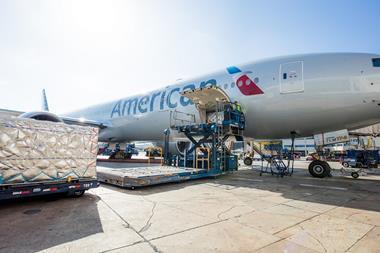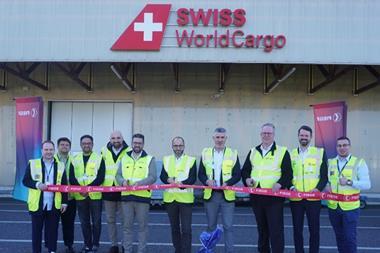Declining profit margins have left UK logistics businesses struggling to fund their Brexit preparations, according to the 2019 Logistics Report.
Launched by FTA, which represents the interests of the sector, in association with Santander Corporate and Commercial Banking, the report polled the opinions of more than 500 freight and logistics businesses operating in the UK and internationally, to provide industry insight into the latest political and economic developments.
Elizabeth de Jong, FTA’s director of UK policy, commented: “FTA represents the interests of 17,000 logistics businesses; declining profit margins have left them struggling to fund their Brexit preparations.
“Profit margins were only 2% in 2018, making any significant financial investment very difficult to justify for any business, especially when the international trading landscape post-Brexit is still to be determined – logistics companies simply do not know what they should be planning for.
“It is of no surprise, then, that at the time of the survey (January 2019), 37% of respondents had not taken any action to prepare for Brexit and only 17% had created a plan for a No Deal Brexit.”
The survey indicated that the uncertainties surrounding Brexit are taking their toll on the logistics industry, with 61% of respondents saying this uncertainty is a barrier to the growth of their businesses internationally.
De Jong continued: “Logistics businesses are also concerned about how the UK’s departure from the European Union (EU) will impact their workforce; 80% of respondents say the employment status of EU workers is their most pressing Brexit challenge.”
De Jong added that 13% of HGV drivers currently working in the UK are EU nationals and that the continued residency of these workers is not guaranteed post-Brexit: “The FTA is campaigning for amendments to the Future Immigration White Paper, so non-UK logistics workers are welcomed in the UK, to help address the worsening skills shortage.”
The report also found that the UK’s global competitiveness has dropped significantly and investment in the UK’s transport and logistics infrastructure is urgently required to boost its attractiveness to international investors.










